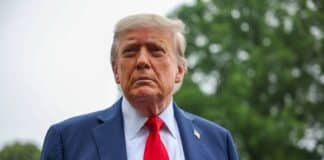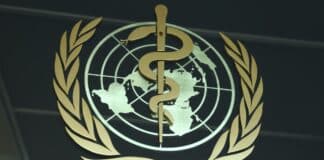Vice President J.D. Vance visited Capitol Hill to support Elbridge Colby’s nomination for Under Secretary of Defense for Policy.
Vance praised Colby on Tuesday, stating:
“In so many ways, Bridge predicted what we would be talking about four years down the road, five years down the road, 10 years down the road. He saw around corners that very few other people were seeing around. If you look at his long career in defense policy, he has said things that, you know, frankly, alienated Democrats and Republicans. He’s also said things that I think both Democrats and Republicans would agree with.”
Colby, a key architect of the 2018 National Defense Strategy, emphasizes prioritizing threats from China over other regions. This stance has caused debate within the GOP, particularly regarding U.S. aid to Ukraine.
In his opening statement, Colby asserted:
“There is a real risk of major war, and we cannot afford to lose one. I recognize these realities in my bones. It is my great hope that we can get through the coming years peacefully, with strength in ways that put us and our alliances on a stronger and more sustainable footing.
I’m willing and ready to engage with those who disagree with me and adapt my views based on persuasive arguments and the fact is that I value our alliances deeply, even as I think they must be adapted, and that I love our great country, and will put its interests first and foremost.”
During his Senate Armed Services Committee hearing, Colby faced questions about his views on Iran and Taiwan. When questioned as to whether a nuclear-armed Iran would be an “existential threat” versus a “severe danger.” Colby stood by his previous statements, saying “I believe we should not allow Iran to have a nuclear weapon and, if confirmed, I would believe it’s my responsibility to provide credible good military options.”
Colby went on to advocate for Taiwan to increase its defense spending to 10% of its GDP to deter Chinese aggression.
Colby’s nomination reflects the administration’s “America First” approach, focusing on direct American power and reevaluating traditional alliances. This shift has led to internal GOP debates over foreign policy direction.
Colby later added, “I’m willing and ready to engage with those who disagree with me and adapt my views based on persuasive arguments and the fact is that I value our alliances deeply, even as I think they must be adapted, and that I love our great country, and will put its interests first and foremost.”






